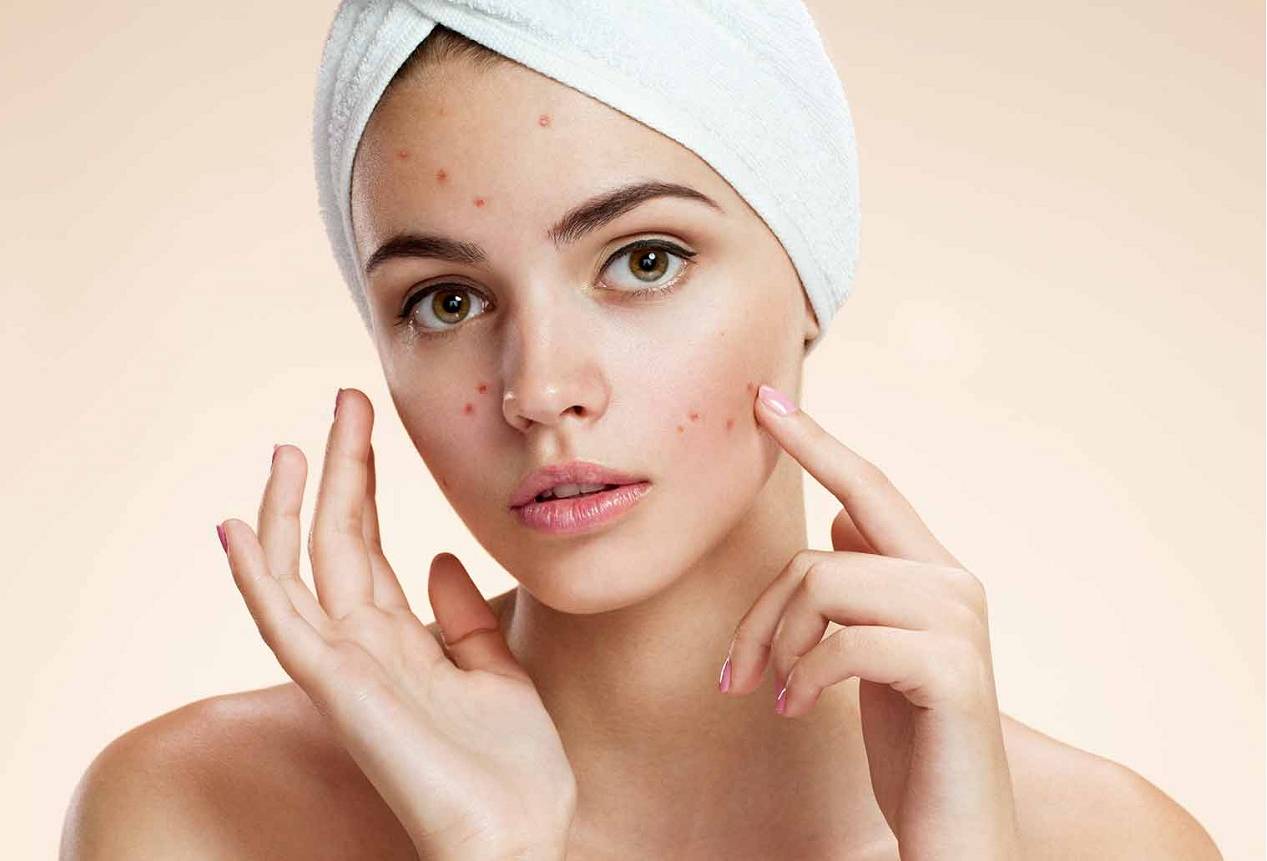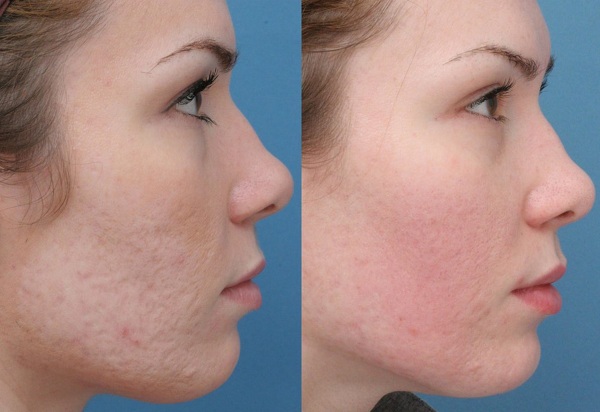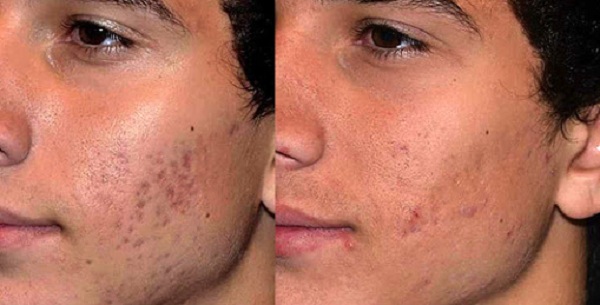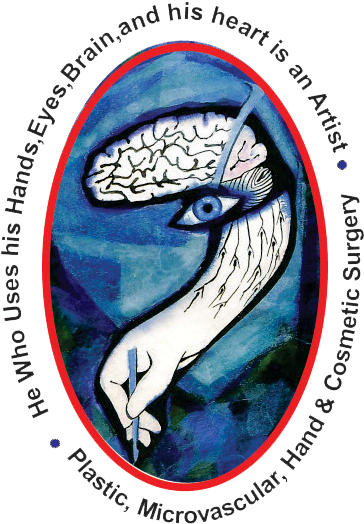Acne Treatment
Acne, also known as acne vulgaris, is a long-term skin disease that occurs when dead skin cells and oil from the skin clog hair follicles. Typical features of the condition include blackheads or whiteheads, pimples, oily skin, and possible scarring.

Treatment
If you’ve tried over-the-counter (nonprescription) acne products for several weeks and they haven’t helped, your physician can prescribe stronger medications. A physician can help you:
- Control your acne
- Avoid scarring or other damage to your skin
- Make scars less noticeable
Therapies
These therapies may be suggested in select cases, either alone or in combination with medications.
Lasers and photodynamic therapy. A variety of light-based therapies have been tried with some success. But further study is needed to determine the ideal method, light source and dose.
Chemical peel. This procedure uses repeated applications of a chemical solution, such as salicylic acid, glycolic acid or retinoic acid. Any improvement in acne is not long lasting, so repeat treatments are usually needed.
Extraction of whiteheads and blackheads. Your physician may use special tools to gently remove whiteheads and blackheads (comedos) that haven’t cleared up with topical medications. This technique may cause scarring.
Steroid injection. Nodular and cystic lesions can be treated by injecting a steroid drug directly into them. This therapy has resulted in rapid improvement and decreased pain. Side effects may include thinning in the treated area.
Questions? We got Answers!
Generally, no. The primary trigger of most cases of acne is the fluctuation of hormones. Hormones stimulate the oil glands to produce more sebum, which can block pores. Bacteria can then grow within the pores, causing them to become inflamed and break out.
That happens at times of major hormonal change, such as during the menstrual cycle, and during the teen years, no matter what you eat. So despite what your grandmother told you, eating too many potato chips won’t make you break out in pimples.




